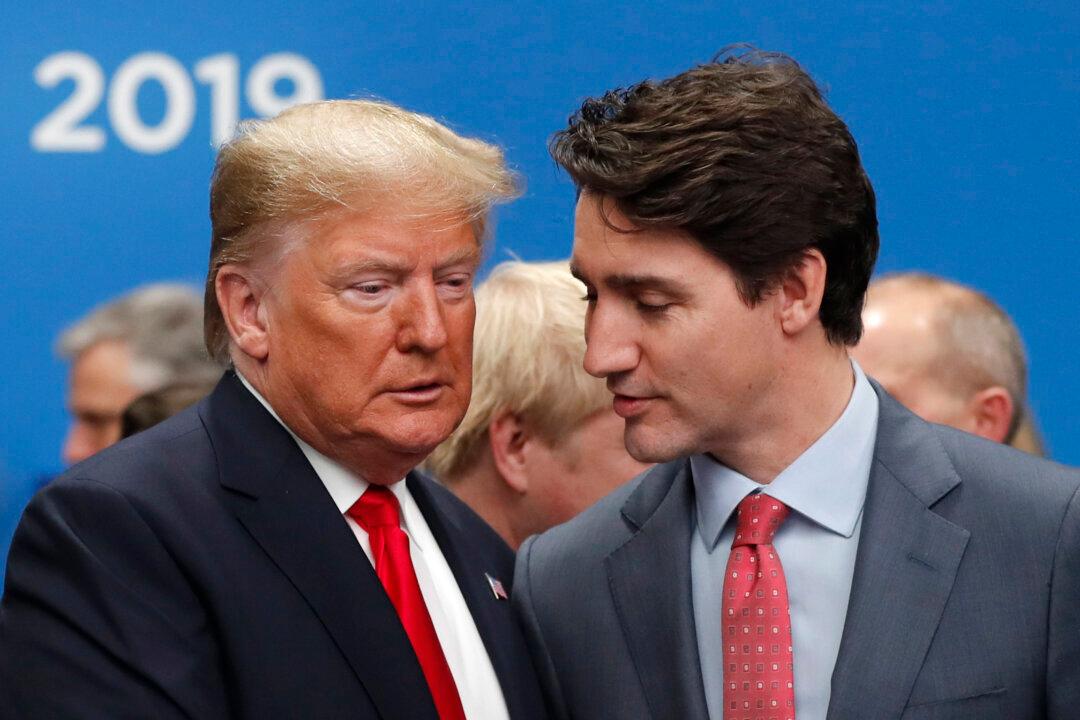Prime Minister Justin Trudeau congratulated Republican candidate Donald Trump for winning a second term as U.S. president, emphasizing close ties between the countries and previous trade negotiations which culminated in agreements.
“On behalf of the Government of Canada, I congratulate Donald Trump on being elected as President of the United States of America for a second term, and Senator JD Vance for his election as Vice-President of the United States (U.S.),” Trudeau wrote in a statement posted on his website on Nov. 6.





